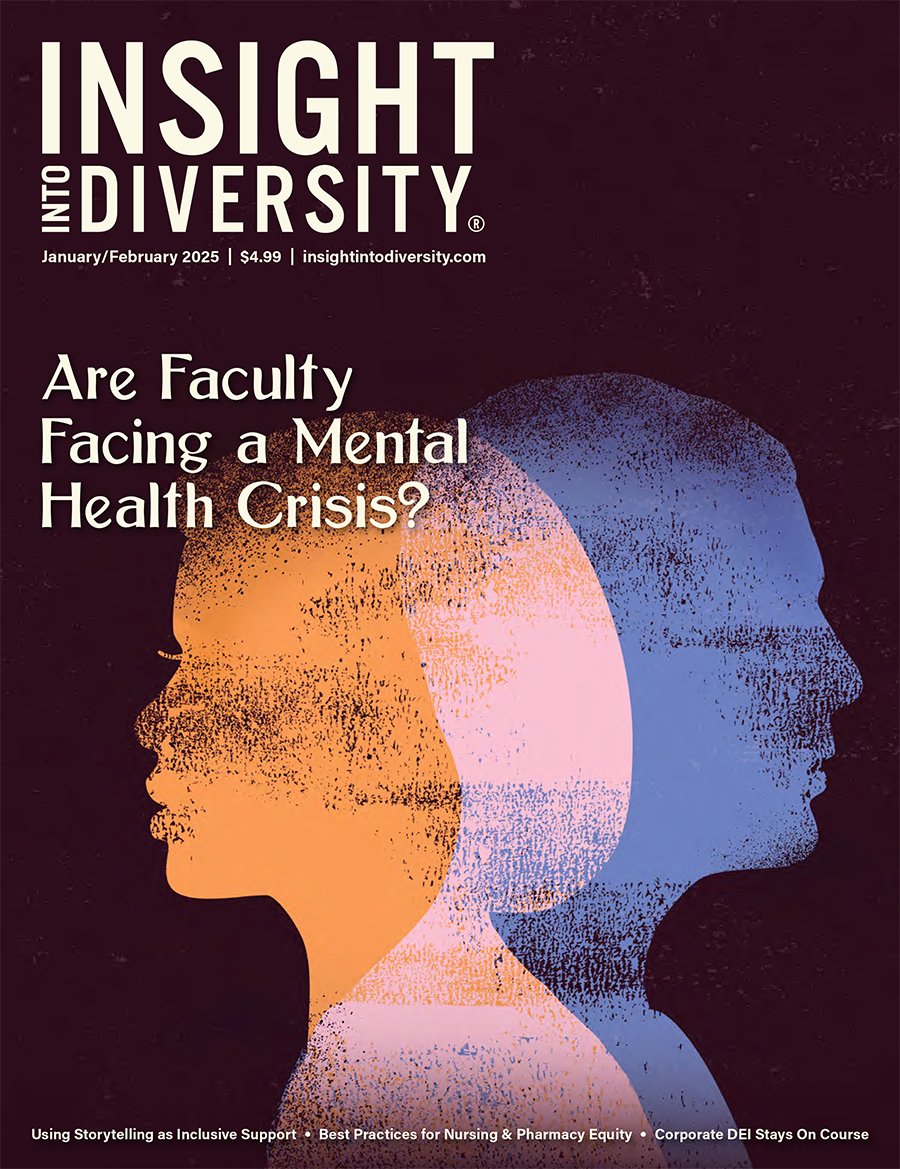Clemson University has officially begun construction on the Harvey S. Peeler Jr. College of Veterinary Medicine (CVM), marking a historic milestone for both the university and the state of South Carolina. With the state facing a significant shortage of veterinarians, particularly in rural areas, the new college aims to address this growing need. The $285 million project is scheduled to welcome its first cohort of students in fall 2026, pending accreditation.
Addressing a Critical Shortage
South Carolina is one of 22 states without a veterinary college. A feasibility study conducted by Clemson predicts a national shortfall of 15,000 veterinarians by 2030, potentially leaving 75 million animals without adequate care. Within South Carolina itself, nearly half of the counties have fewer than 10 veterinarians, and a third have fewer than five. The new veterinary school is expected to help bridge this gap by producing highly skilled professionals trained to serve both urban and rural communities.
State Sen. Harvey S. Peeler Jr., chairman of South Carolina’s Senate Finance Committee and a cattle farmer, has long advocated for a veterinary college in the state. Please add his donation for naming the school after him.

“Today marks a historic milestone for our state as we break ground on the new College of Veterinary Medicine—a dream that’s been a long time in the making,” Peeler said at the groundbreaking ceremony. “This is not just about education—it is about taking care of our animals, supporting our farmers, growing our economy, and filling the need for veterinarians in South Carolina.”
Innovative Approach to Veterinary Education
The CVM will follow a unique model to reduce costs and enhance hands-on learning. Unlike traditional veterinary schools that rely on teaching hospitals, Clemson’s program will place fourth-year students in clinics across the state. This distributed model is designed to provide students them with direct, practical experience while also addressing local veterinary shortages.
Founding Dean Steven Marks, DACVIM, emphasized the college’s comprehensive approach to veterinary medicine, which extends beyond companion animal care to include food safety, livestock health, and public health initiatives.
“Our goal is to create day-one-prepared veterinarians to serve communities around South Carolina. Animal and human health are directly connected, and we are so proud to be a part of creating the next generation of veterinarians,” Marks says.
A State-of-the-Art Facility
The veterinary complex will be located near Clemson’s Equine Center in Pendleton, adjacent to the Clemson Experimental Forest. The site will include six buildings, each designed to facilitate specialized training:
- The Hub–A central location for student collaboration, study spaces, and classrooms.
- The Clinical Teaching Building–Home to the Peeler College of Veterinary Medicine Community Clinic, offering veterinary services to the public.
- The Research Building–A space dedicated to advancing veterinary science, housing faculty and graduate student offices.
- The Ambulatory Service Building–Providing clinical rotation experiences for students working on farms in the Upstate region.
- The Equine Teaching Building–A specialized space for equine health education.
- The Farm Animal Teaching Building–Designed for hands-on training in farm animal care.
Clemson University President Jim Clements underscored the broader impact of the college.
“The [college] will be an incredible asset not only for Clemson University but for the entire state of South Carolina, our region, and beyond,” Clements said at the groundbreaking ceremony.
Preparing for the Future
Clemson’s Board of Trustees has approved both the Doctor of Veterinary Medicine curriculum and the overall degree program. The hiring process for faculty and staff is underway, and accreditation efforts with the American Veterinary Medical Association Council on Education are progressing.
With an initial class size of 80 students, the program aims to produce workforce ready veterinarians equipped to meet the state’s growing needs.
“When students finish their degree in veterinary medicine, they will be prepared to go into any practice and be able to work on any species, large animal, farm animal, small animal, or exotic species,” Marks says.




















